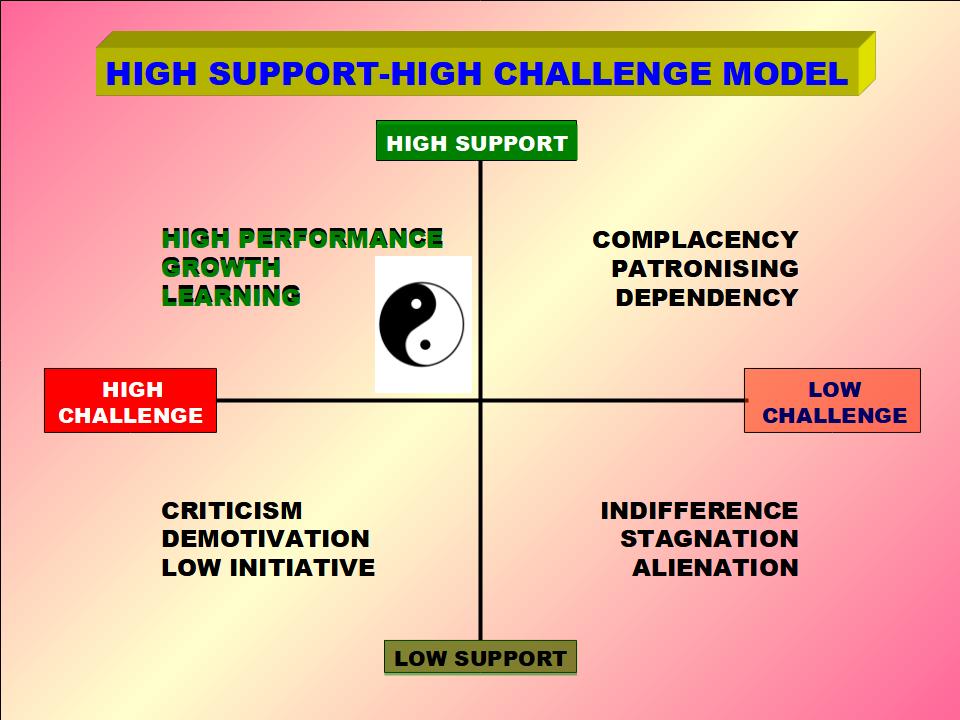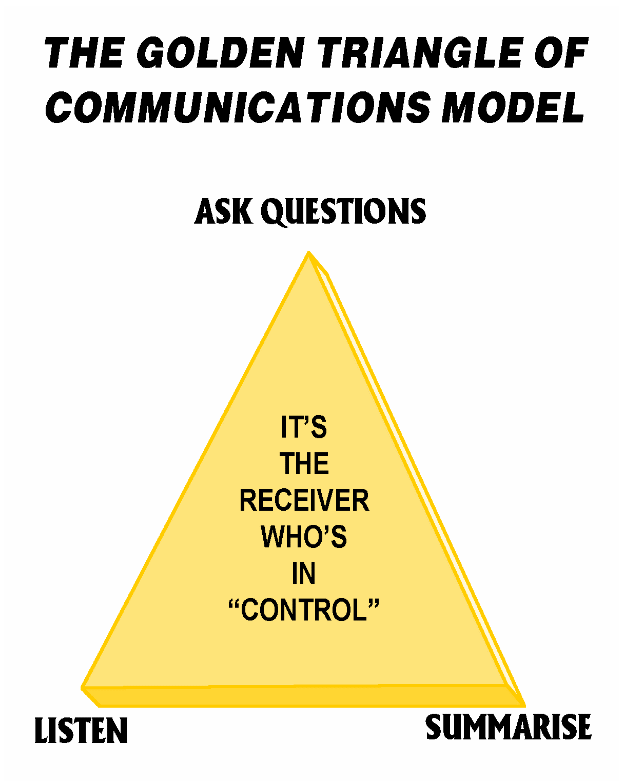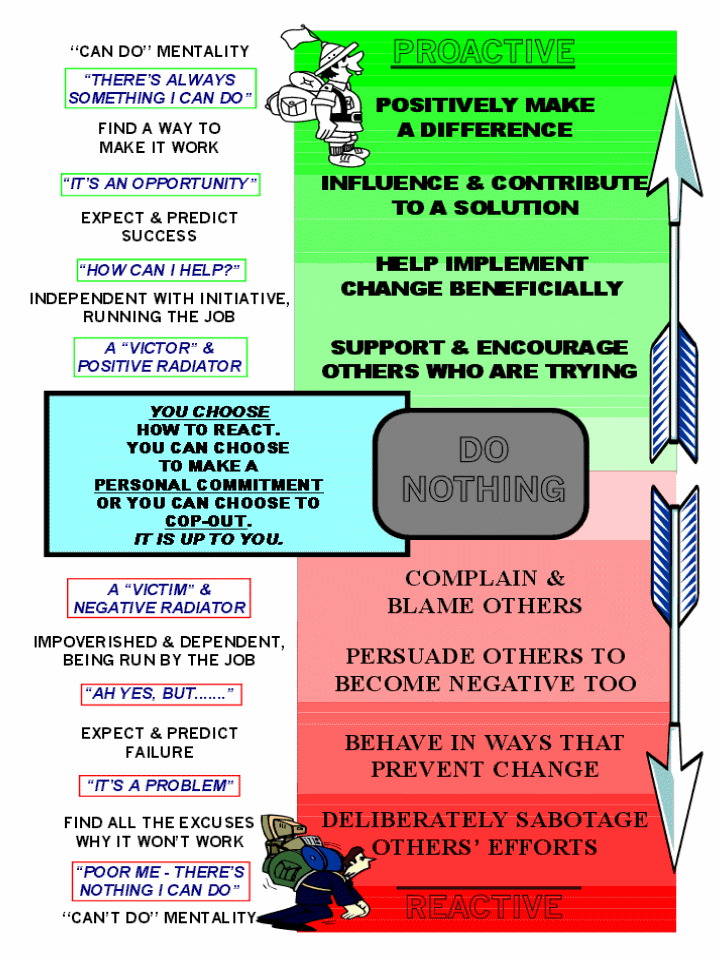to help themselves,
to release and realise more of their potential
Dennis Martin Consultants
Contact us and see how we can work together and create a path to the future that you, your people and your business deserve.
- home index page
- letter to a mentor
Letter to a Mentor
Page Key Points
On this page you will see my Letter to a Mentor which covers:
* congratulations and best wishes for this amazing learning opportunity
* the need for the mentor to believe in themselves and their mentees
* major attitudinal, emotional and behavioural commitments needed if mentoring is to succeed
* some pitfalls for mentors to avoid
* the mentor will be successful if he or she really wants it
If it would help with your mentor(s) induction, please use this letter as a template for drafting your own version or give a copy of it to your mentor(s) or contact me to help modify it via the form below.
Zero cost and zero obligation involved.
Dear Mentor,
my name is Dennis Martin and I don’t know your name and you don’t know me.
So, why am I writing to you?
Well, I understand that you are to become a Mentor and, firstly, I wanted to congratulate you on this great achievement.
I know nothing about you but your acceptance as a Mentor speaks volumes in your honour.
I’ve spent 30 years working as a consultant in mentoring so, although I don’t know you, I do know a lot about the journey you are about to begin and the processes involved.
You are in for a really great experience which will be an amazing ‘gift’ to you enabling you to make a major difference in helping mentees to create their own special future and achieve more of their unlimited potential (potential = unrealised possibilities and 'impossibilities').
The mentor's role is unique and honourable gaining massive respect and trust over the years.
I feel sure that you will enjoy and learn from sharing your wisdom and experiences with your mentees.
Their views will be stimulating and valuable as you build your relationship with them.
I regard the relationship between mentor and mentees as the heart of mentoring and the foundation for achieving high standards in terms of mentees' performance and, especially, release and realisation of more of their potential.
This, in turn, will help you and the business to optimise your potential thus yielding excellent returns on the mentoring investment made by the business.
A very effective approach I have found, if you and your employer will agree, is for you and your mentee(s) to work as partners in a team and self-manage your mentoring scheme.
That is, you and your mentee/s take ownership and decide how you wish to organise and implement your mentoring 'business' and you will have a budget you can spend.
You do all this without pre-approval (permission), direction or instruction from management.
You will be accountable to the C.E.O. or small business owner or mentoring sponsor, as the case may be.
WHY does this work so well?
Because it treats you and your mentee(s) as capable adults who run their own lives. If you can do that, and you can and do, you are very capable of running your own mentoring.
It also begins developing the mentee(s)', and your, independence which will be vital for releasing and realising more of their potential.
Mentors and mentee(s) report that their motivation, self-esteem, self-belief, self-confidence were all strengthened as a result of this approach.
It is nowhere near as daunting as it may sound and once you get going, with support, you will take to it with enthusiasm and you will be creating a role model for others in your business.
I have seen this lead to very beneficial culture changes for businesses and their people.
So, you and your mentee(s) are partners with a common goal to boost your mentee(s) potential as a result of your great teamwork.
There are seven key elements of your relationship, that you and your mentee(s) must continuously work on and not take for granted:
* mutual trust (i.e. I know you that you will not take unfair advantage of me);
* mutual respect;
* honesty, especially in open communications;
* giving and receiving feedback for learning purposes;
* synergy (i.e. by working together you and your mentee(s) will achieve more than by working as individuals: 2 + 2 = 5);
* having fun together;
* mutual high support, high challenge (see model below).
Your major success criterion is: help your mentee(s) to help you to help she or he to release and realise more of their potential than they have ever done before.

Other aspects of 'how will I know I'm doing a good job?', include:
* help your mentee(s) to set clear objectives, but don't do it for them, do it with them
* honest communications are a must, especially active listening, questioning and summarising - the golden triangle of communications (see the model below)

* giving and receiving feedback is the breakfast of champions, boosts self-confidence, stimulates constructive positive learning and builds trust - when you do it 'right' as a reciprocal process
* learning continuously by treating every situation you and your mentee/s meet as a learning opportunity to enable 'tomorrow' to be better
* at times your mentee(s) may struggle a bit to grasp or understand a key piece of your wisdom. Or, their continual questioning with 'Why?' may frustrate your agenda.
But, if you are self-managing, you are in control and can decide to spend more time or do something differently to show empathy and / or support your own or your mentee/s patience.
Work hard and smart to help your mentee(s) achieve these 6 conditions, which will be of immense help to you and them.
1. a mentoring environment which is learning-focused, blame-free, failure-free, inspiring and a 'sanctuary' based on intrinsic motivation characteristics of responsibility, recognition, interesting learning and work, initiative, achievement and advancement
2. mutual respect, mutual trust, mutual high support, mutual high challenge, honesty, and an appropriately encouraging value system
3. a mentoring environment which acts as a 'mirror' and reflects the mentee's, mentor's and leader's internal environment by giving and receiving feedback; positive reinforcement and valuing differences
4. a living role model and demonstration of self-management, 'green box' attitudes and choices, self belief, self-sabotaging-free, encouragement and lots of fun, as it is applied to the external environment
5. a positive mindset and willingness to take ownership and a future-focus of potential (our past is not our potential), hope, belief and success and an abundance attitude of sharing freely all they learn with others
6. transparent communications, especially active listening, questioning and summarising; no secrets or jargon; confidentiality and works as a 'lubricant' for the other 5 conditions.
With the 6 conditions above you will be able to 'make a difference' because the learning climate will become very receptive to your experience and wisdom (see the Choice Model below).

There are a few things that I would recommend you avoid as doing them will undermine all of the above and be a major insult and disappointment to your mentee(s):
* being arrogant as a mentor or adopting a ‘superior’ attitude with colleagues because you’ve been given this amazing ‘vote of confidence’ (and they haven’t – yet)
* communicating with your behaviour that you are coasting along doing only the minimum you can get away with (e.g. never going the extra mile and/or too easily accepting of low standards)
* showing an attitude of self-centredness with little or no humility or regard for others (e.g. everything is open for ‘negotiation’ as long as it yields only the best deal for you)
Your mentee(s), your leader(s) and you would also NOT behave or accept others' behaviour that leads to:
* dependency (e.g. by your mentee(s) on you)
* deceit or factually incorrect reporting (i.e. dishonesty)
* 'victim' mindset and / or behaviour (i.e. poor me or why me?)
* taking unfair advantage of others (i.e. betrayal of trust)
* taking the easy convenient route of low standards (i.e. laziness, can’t be bothered, I don’t care)
* staying stuck in individual or collective 'comfort zones' (e.g. with addictive habits, nobody else is doing it, I can’t do it)
* blaming others (e.g. it’s not my fault, he did it)
* illegal actions or deliberately damaging actions to self or others
[this is one time, if not the only time, that the CONFIDENTIALITY aspect of mentoring may need to be bypassed if there is a safety or wellbeing risk to mentee(s) or others and / or a commercial risk to the company.
This MUST be made clear to all involved at the start of the mentoring opportunity and all must commit to it].
Clearly, your employer sees you as a valuable asset to the business, and is willing to invest in its future and yours.
That’s quite a compliment isn’t it?
Use it for positive self-motivation.
Mentoring will be of massive benefit to you if you adopt the same attitude about yourself and behave accordingly.
What are you capable of?
What unrealised possibilities and 'impossibilities' can you master?
You may not know right now, and nobody else may know, until you do it, then we'll all know.
Your potential is limited only by your lack of challenge (e.g. of self) and / or lack of imagination of what is possible for you in your future.
Believe in yourself and your potential and your partner mentee(s) will help you learn how to realise it, without realising that he or she has done so.
Everyone who has helped to create this great mentoring opportunity for you, wants you to succeed, they are on your side.
I wish you all the success you deserve and I look forward to hearing of your achievements if you are willing to communicate them to me via the Contact Help Form for Dennis below.
From my experience, mentoring 100’s of people, I would say that there is nothing you need to fear on this journey, nothing you will not be able to learn or do, if you really want it, commit to it and have fun doing it.
Enjoy yourself and be sure to thank all those people who are helping you, including yourself and your mentee(s), of course.
Kindest regards,
Dennis
p.s. if I can be of any help, please contact me via the Contact Help Form for Dennis below my photo.
If you would like more information, please visit any or all of the pages listed below by clicking the appropriate links:
* business mentoring and mentorship

PAGE SUMMARY
On this page you have seen my Letter to a Mentor which covers:
* congratulations and best wishes for this amazing learning opportunity
* the need for the mentor to believe in themselves and their mentees
* major attitudinal, emotional and behaviourial commitments needed if mentoring is to succeed
* some pitfalls for mentors to avoid
* the mentors will be successful if they really want it
I've covered a lot of ground in your letter and I just want to THANK YOU for reading it. Your attention is much appreciated.
I hope you found it as worthwhile and interesting when reading it as I did when writing it.
Kindest regards,
Dennis
